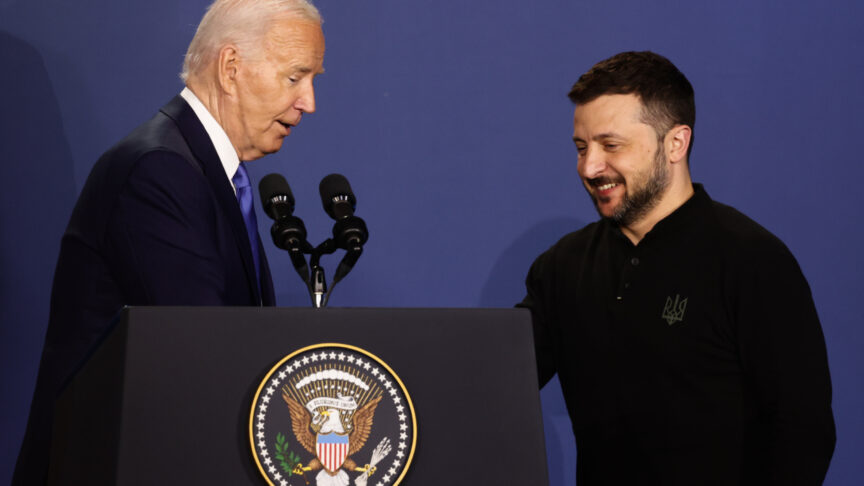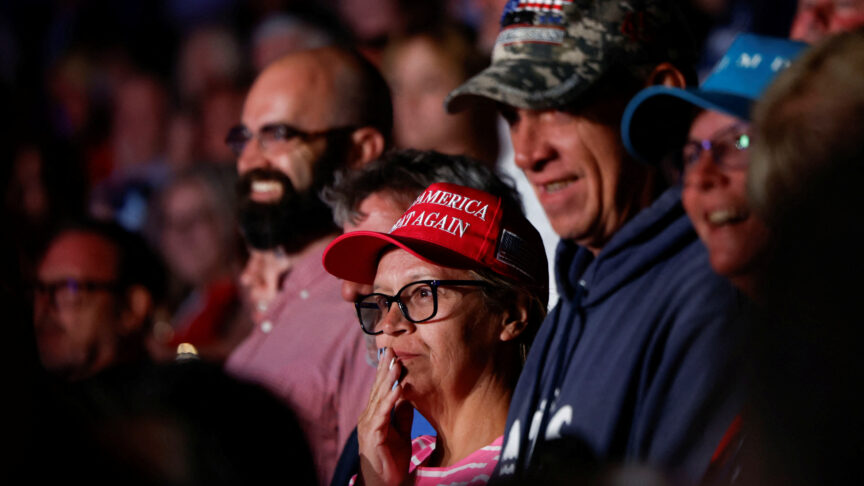Europe’s UN human rights problem
There are clear signs that the EU’s influence at the UN is declining in one of the areas on which it is most united: human rights
This article was published in the European Voice.
If the EU struggles to achieve a common foreign policy, it is a relatively coherent bloc at the United Nations. European leaders attending the UN General Assembly this week should congratulate their diplomats for a massive coordination effort. There are a 1,000 EU coordination meetings a year in New York alone. But do the results match the effort?
There are clear signs that the EU’s influence at the UN is declining in one of the areas on which it is most united: human rights. The EU’s members have not split on a human rights vote in the General Assembly or Geneva-based Human Rights Council since 2005.
European diplomats contrast their commitment to UN’s human rights structures with the Bush administration’s unilateralism – the US boycotts the Human Rights Council. This gives the EU a chance to show leadership by promoting liberal values through the UN.
But support for the EU among other states is waning. The UN membership is drifting towards Russia and China, champions of limiting human rights in the name of sovereignty. Ten years ago EU positions on human rights in the General Assembly got over 70% support – the figure now hovers near 50%. China and Russia get 75% backing.
The situation is worse in the Human Rights Council. In 2007, the EU’s members had to threaten to walk out to stop Chinese-led efforts to block the monitoring of individual countries’ rights situations. In the absence of the US, European officials feel isolated.
“It’s not the West versus the Rest,” complains one. “It’s Europe versus the World.”
While much human rights rhetoric in New York and Geneva is hollow, the higher support for China and Russia helps them act tough in urgent debates in the Security Council. They halted European-backed efforts to mandate action on this year’s crises in Burma and Zimbabwe, arguing that respect for sovereignty trumped humanitarian concerns.
What is going wrong for the EU at the UN? Underlying geopolitical shifts obviously play a part: it would odd if there had not been some shift towards China in recent years.
Other forces are at work. The EU is not the only bloc to have gained cohesion at the UN. The Organization of the Islamic Conference, which argues for limits on human rights in the name of religious beliefs, has become a robust opponent to the EU. With over fifty members, it can usually out-vote the Europeans, and relations are increasingly poisonous.
But the EU’s members also have themselves to blame. Diplomats admit that the hours of inter-European coordination reduce the time for building support among other countries.
Many African and Asian states abstain on a large percentage of human rights votes – a more outward-looking EU might pick up these swing voters fairly easily. For now, potential African allies often suspect that the EU’s agenda has colonialist overtones, as revealed in clashes over Zimbabwe and the International Criminal Court’s indictment of Sudan’s president. These cases have severely damaged Euro-African relations at the UN.
European states also stand accused of double-standards, opposing discussion of their own human rights problems (like the treatment of migrants) and avoiding criticism of the US. The need to maintain European unity also results in lowest common denominator positions – on social issues, Catholic governments effectively veto progressive positions.
Friends of the Europeans on human rights, like the Latin American democracies, are concerned that the EU lacks the flexibility to respond to a changing UN. If that is true, the world organization risks becoming a mouthpiece for China, Russia and their allies.
But it is not too late for the EU to regain some of the initiative at the UN, with or without the next US administration. European governments should streamline coordination in New York and Geneva to allow more time for diplomatic outreach. And they should set out a new narrative about what they want to achieve on human rights at the UN: a global coalition of states focussed on concrete improvements in how justice is done worldwide.
Building such a coalition will require sensitivity to the concerns of states in Africa and elsewhere – the European Council should appoint two to three high-profile envoys to travel widely, consulting with potential allies to identify opportunities for cooperation.
The EU should not try to buy support at the UN, but it could offer significant incentives to countries wanting to do more on human rights. These could include funding for poorer countries to employ rights experts at their missions in New York and Geneva, and aid aimed at assisting governments implement human rights pledges made in UN forums.
The European Commission should try to increase international awareness of what’s at stake at the UN by setting up a new fund to help NGOs worldwide scrutinize human rights issues across the UN system and monitor their government’s positions on these.
While listening to others, the EU’s members should also clarify what they stand for at the UN, setting out “red lines” where necessary but also escaping the lowest common denominator culture in inter-European discussions. If the EU cannot regain the initiative at the UN, its claim to be a global force for human rights will be sadly diminished.
Richard Gowan and Franziska Brantner are the authors of “A Global Force for Human Rights? An Audit of European Power at the UN”.
The European Council on Foreign Relations does not take collective positions. ECFR publications only represent the views of their individual authors.



